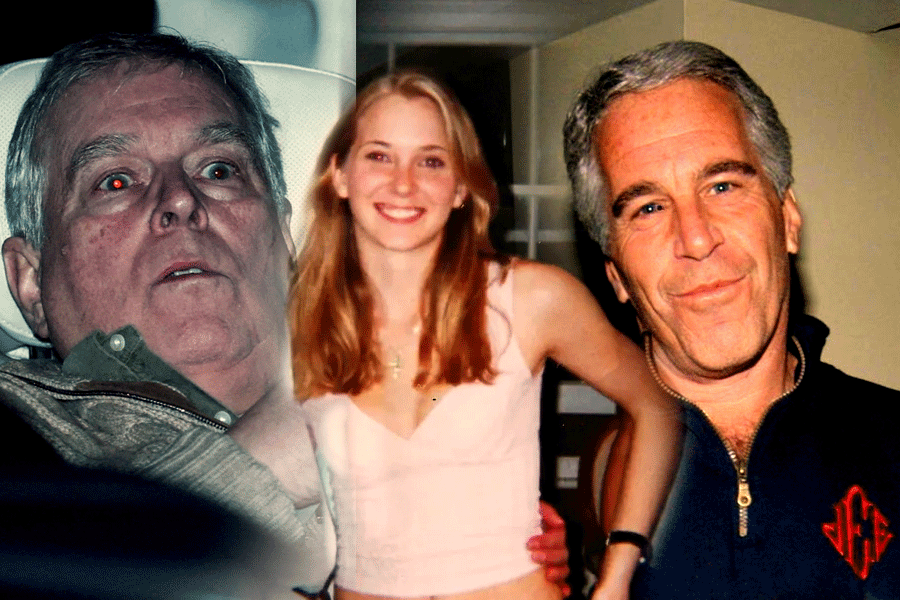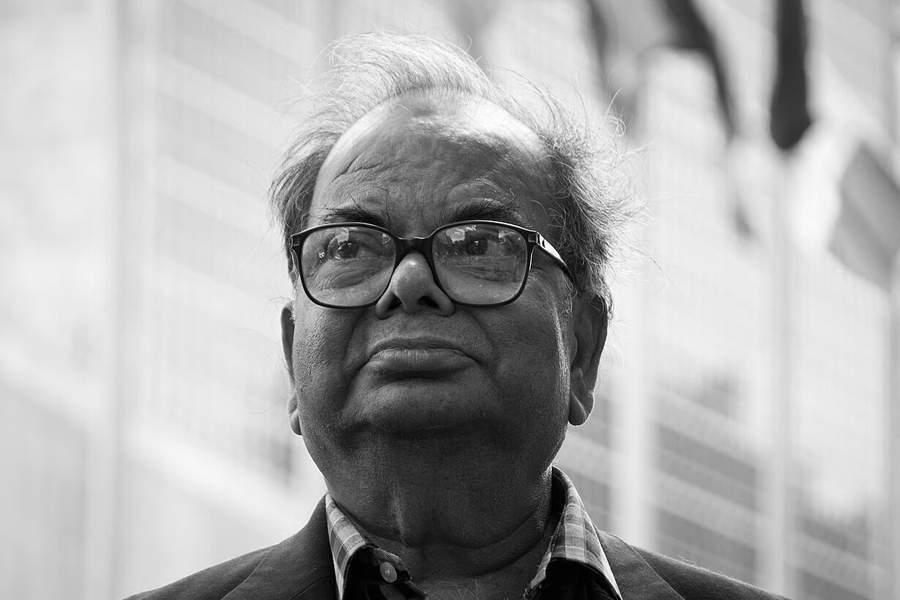Skipper with a smile
Sir — Two of the giants of Test cricket — Rohit Sharma and Virat Kohli — have now bid adieu to the longest format in the game (“Big wickets”, May 15). Cricket lovers, in India and around the world, are understandably morose. But it may not be an exaggeration to suggest that more people seem to be affected by Kohli’s departure. Kohli may have scored more runs than Sharma and won more Tests than the Mumbai man. But Sharma was the cooler, funnier man of the two, managing a laugh even when under pressure. The original Captain Cool, M.S. Dhoni, has competition in the form of the jovial Sharma for his title.
Bhaskar Banerjee,
Calcutta
Judicial milestone
Sir — Justice B.R. Gavai, the newly-appointed chief justice of India, is the first Buddhist and the second Dalit to rise to India’s highest judicial office (“Gavai becomes first Buddhist CJI”, May 15). While his tenure is brief — he will retire in November — it carries high expectations and symbolism. He will not only carry out the responsibility of heading the judiciary but will also have to live up to the high bar set by his predecessor, Justice Sanjiv Khanna. Khanna, who served for just over six months, leaves behind a rich legacy marked by moral clarity, institutional humility, and a refusal to blur the line between judiciary and executive.
Gavai’s elevation offers hope for greater representation in the judiciary. But representation must also be matched with action.
Khokan Das,
Calcutta
Sir — The swearing-in of Justice B.R. Gavai as the 52nd CJI is a milestone in the Indian judiciary. It not only signifies recognition of professional merit but also of inclusivity and the representation of marginalised communities. It reflects India’s democratic spirit and sets an example for legal aspirants from all backgrounds. Gavai should inspire institutional reforms and work towards strengthening the judiciary.
Mohammad Hasnain,
Mumbai
Sir — Both B.R. Gavai and his predecessor, Justice Sanjiv Khanna, have decided not to accept any posts after their superannuation (“Retiring CJI: Won’t take up new job”, May 14). Former CJIs like Ranjan Gogoi and P. Sathasivam allegedly worked in favour of the government while in office and were rewarded with plum posts post-retirement. Justices Khanna and Gavai have set a healthy precedent.
M.N. Gupta,
Hooghly
Sir — Judges can become vulnerable to influence and pressures from the executive or the ruling party if they accept post-retirement assignments. The decision taken by the CJI, B.R. Gavai, and his predecessor, Justice Sanjiv Khanna, to forgo any job after retirement ensures their neutrality and is commendable.
Sujit De,
Calcutta
Imagined victories
Sir — Sixteen years ago, Barack Obama, the former president of the United States of America, was awarded the Nobel Peace Prize for his efforts to bolster international co-operation and nuclear non-proliferation. The current US president, Donald Trump, despite his many claims, falls short of such an honour, notably due to his diminished credibility following his failed attempts to mediate the Russia-Ukraine and the Israel-Gaza conflicts.
Trump’s recent claim of brokering a ceasefire between India and Pakistan has been challenged by the two countries. Instead of making outrageous claims and chasing accolades, Trump should focus on improving global cooperation and making democracy robust in his own country.
R.S. Narula,
Patiala
Future of warfare

Sir — The report, “War wisdom: Put your money where drone is” (May 12), sheds light on an emerging frontier in warfare. The use of drones in the recent India-Pakistan military conflict signalled a tactical shift in technological warfare that all nations must take seriously. India has demonstrated its growing capabilities in defence technology, intercepting and neutralising threats from Pakistan.
But as warfare becomes smarter, faster, and increasingly unmanned, the need is not just to catch up, but to lead. Investing in indigenous drone systems, surveillance technology, and electronic warfare is no longer optional; it is a strategic foresight.
Shilpa Bhaskaran,
Hyderabad
Dutch lessons
Sir — “To go Dutch or not” (May 14) by Shelley Walia reflects on a hospitality tradition that, even though alien to India, is becoming increasingly popular among Indian millennials. While paying someone’s bill in dining or social settings is a sign of respect and care, splitting the bill conforms to an emerging trend of financial equality, an egalitarian practice in capitalist economies.
However, I wholeheartedly agree with Walia that altruistic Indian hospitality traditions should not be overshadowed by Western ideals. The dilemma of choosing between excess and restraint will continue to persist. Different cultures should resolve it on their own.
Ashima Gupta,
Chandigarh










